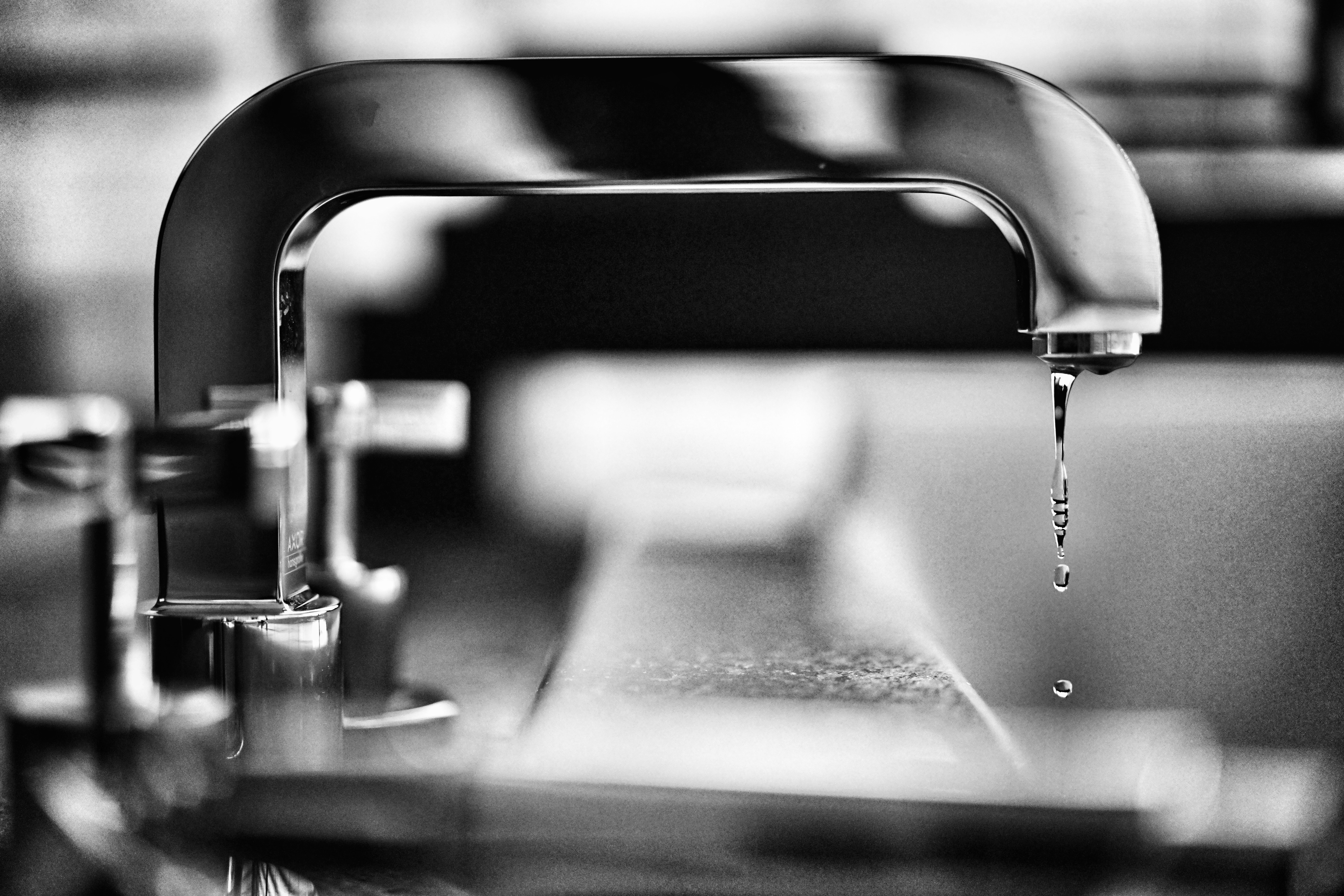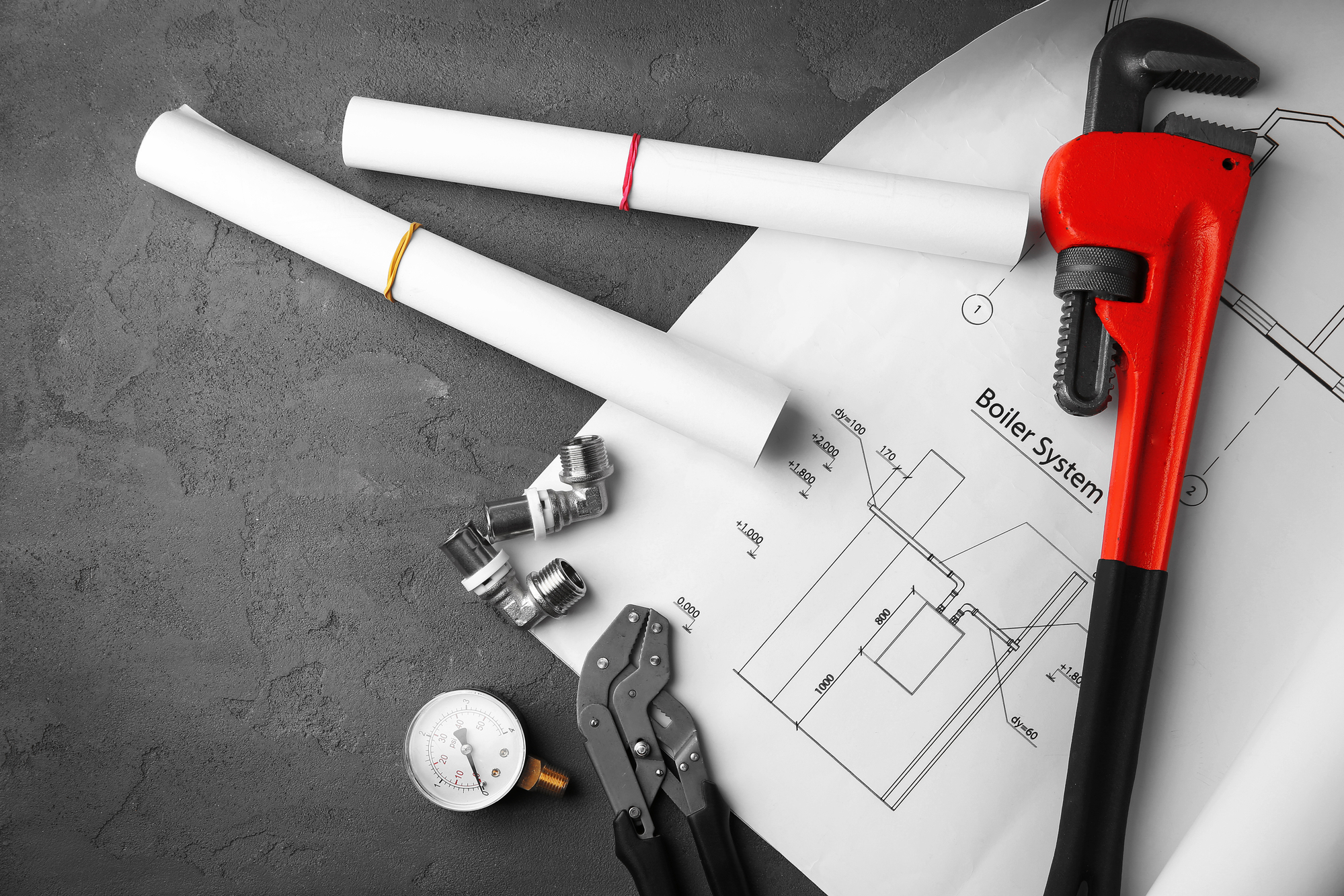As winter sets in, most British households face a significant increase in their energy bills due to heating expenses. According to research, almost 70% of Brits have been forced to alter their heating habits to cope with the high expenses. In this article, we explore why such changes are necessary and provide tips for reducing your heating bills.
Factors driving high heating bills
Several factors contribute to the high heating bills that Brits face, including the type of heating system, the quality of insulation, and energy efficiency. Many older homes in the UK have poor insulation, which leads to heat loss, energy wastage and ultimately increased heating bills. Similarly, heating systems that use oil, LPG or solid fuel can be more expensive to operate.
Tips for reducing your heating bills
1. Upgrade insulation
Insulating your home is one of the most effective ways to reduce your heating bills. You can start by checking the quality of insulation and upgrading where necessary. Roof insulation and cavity wall insulation are two areas that can significantly reduce heat loss and energy wastage.

2. Upgrade heating systems
If you have an old heating system, it might be time to consider an upgrade. Modern heating systems are more energy-efficient and can save you hundreds of pounds annually on your energy bills. You can consider options such as replacing a boiler, upgrading to a smart thermostat, or installing a hybrid heating system.
3. Regular maintenance
Regular maintenance of your heating system ensures that it operates at optimum levels, increasing energy efficiency and reducing heating bills. You can schedule a maintenance check with a qualified plumber, who can assess the condition of your system, carry out any repairs where necessary, and give you useful tips for maintaining your heating system.
4. Lower your thermostat
Another way to reduce your heating bills is to lower your thermostat. Even a small reduction in your thermostat temperature can lead to significant cost savings. You can also consider investing in a smart thermostat that allows you to set your heating temperatures to different levels depending on your schedule.

5. Use draft stoppers
Draft stoppers are a cost-effective way of improving insulation and reducing heat loss. You can use products such as weatherstrips, sealants, and window insulators to eliminate drafts in your home.
6. Block unused spaces
Unused spaces in your home such as spare rooms or storage spaces often don’t require heating, yet they still contribute to your energy bills. You can block these spaces using draught excluders or simply closing the doors to prevent heat loss.
7. Consider heat sources
You can save on your heating bills by considering alternative heat sources such as electric heaters or wood-burning stoves. While these options may require initial costs, they are also more energy-efficient and eco-friendly.
Conclusion
Reducing heating bills requires effort, but the savings you make are worth it. Upgrading insulation, heating systems, regular maintenance, lowering thermostats, using draft stoppers, blocking unused spaces, and considering alternative heat sources are some of the ways you can reduce your heating bills. If you need help with heating system upgrades or maintenance, consult a licensed plumber, who can give you valuable advice on reducing your heating bills. Don’t let high heating bills drain your finances – take action today and start enjoying lower energy costs. Remember, for quality plumbing service needs, head to aceplumbingrepair.com or give us a call at (844) 711-1590.






